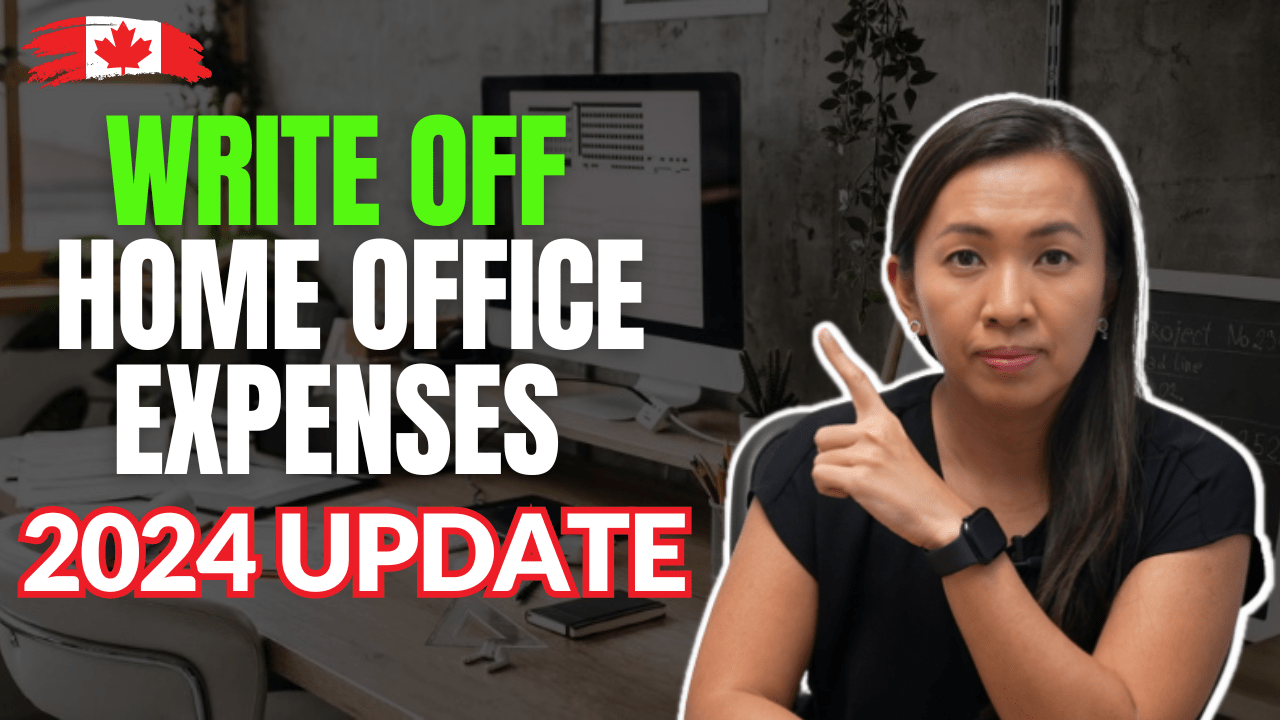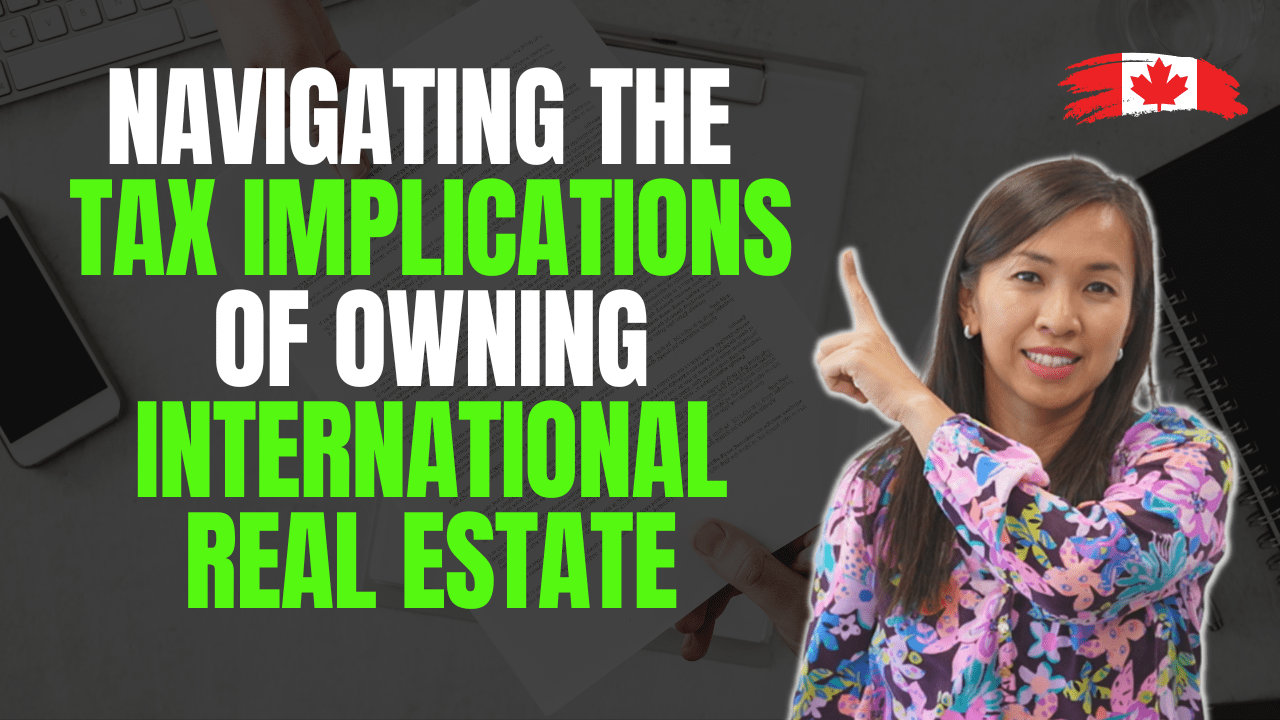“Can I charge myself property management fees?”
Many Canadian real estate investors have asked me this, or similar questions, before.
You know this type of real estate investor. They manage their properties directly. They spend the time commuting back and forth, showing the properties, obtaining contractor quotes, inspecting their rental portfolios, resolving disputes among tenants, etc. etc.
If it wasn’t for the time and work that they put in, the real estate investors would have to hire someone else to do it.
Shouldn’t you be entitled to charge their rental portfolio the property management fees as deductions for tax purpose?
And why shouldn’t you? Some investors love to do renovation themselves. They have spent hours shopping for deals, picking up materials, doing the actual renovation work themselves using their week nights and weekends to maximize their profits.
They often come to me and ask – “why aren’t we entitled to deduct this time and effort in our tax returns?” After all, if they don’t spend the time and sweat, they would have to pay someone else to do it!
You can definitely charge yourself for spending the time and doing the work for your rental portfolio.
You will have to report the money you earned from doing the work in your personal tax return. So this means that you get a deduction from your rental portfolio but you have to add that income back somewhere else.
Yep! The net effect is zero!
What if the rental portfolio is owned 100% in a corporation? You report the income from what you charge to your rental portfolio. Your corporation is considered a separate legal entity and it gets deductions off its income. You, yourself, are a legal entity and hence have to report the income you’ve earned from doing the work.
It gets more complicated when your right pocket is charging your left pocket for the work done. Some tax strategies are designed around this type of work to achieve maximum tax deferral.
You are advised to speak to us before entering into any of these types of tax planning strategies, but there are a couple of tips I can share with you.
First thing first, the amount being charged must be considered reasonable in the eyes of Income Tax Act. The responsibility is on you, the taxpayer, to prove that the amount you charge your corporation is reasonable.
Say you have a couple of quotes from multiple independent contractors to renovate the bathroom for $5,000 to $6,000. It would be difficult to argue charging $20,000 on the same renovation project by yourself.
Second thing is that there must be a bona fide agreement between your corporation and yourself to conduct the business transaction. In another words, you are not just doing this to lower your income tax liability.
Depending on the type of charges involved, a proper legal contract is advised to be setup between you and your corporation. Money must be paid out in exchange for the service. Proper documentation must be kept as well.
You may be even more advanced; wondering if you could act on behalf of a corporation and charge the corporation that owns your portfolio? This is basically the typical three tiered corporations structure that a lot of our real estate investors use.
Again, you need to speak to us, a certified professional accountant specializing in real estate, to discuss any of these strategies.
Until next time, happy Canadian real estate investing,
Cherry Chan, CPA, CA
Your real estate accountant






Bryen Pickering
How do I become a member to join these speaking events?
Cherry Chan, the Real Estate Accountant
You can become a Rock Star Inner Circle member to join these classes. Their website is http://www.rockstarinnercircle.com
Alternatively, I speak at other events as well, such as durhamrei.ca in December 2015 and MrHamilton.ca November 2015.